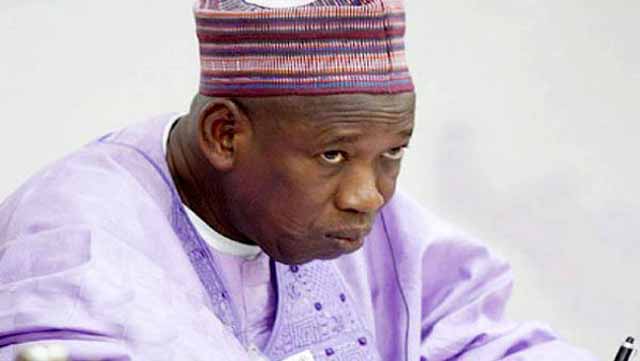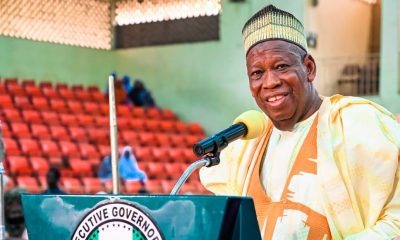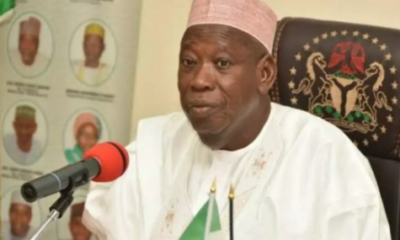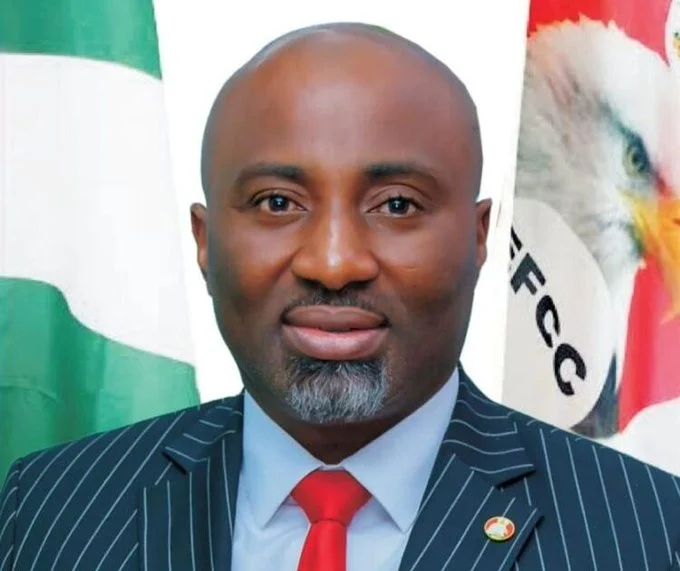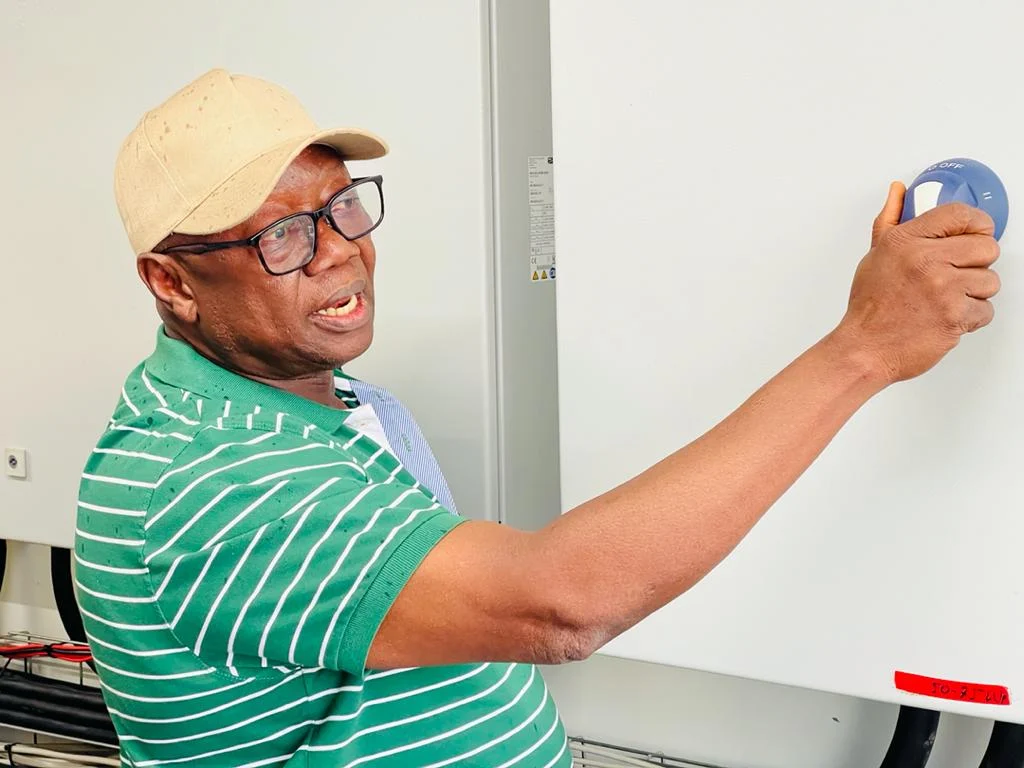Lagos, Cross River, Sokoto warn residents Lagos, Osun, other states warn residents
Kano State Government has said 10 people had died and 400 others hospitalised after drinking a poisonous fruit juice.
The state government had last month said the poisonous fruit juice claimed three lives and led to the hospitalisation of 183 others.
The state Commissioner for Health, Dr Aminu Tsanyawa, in a video recording made available to newsmen in Kano on Thursday, stated that out of 400 people hospitalised, 50 persons were undergoing treatment for kidney-related ailments.
As the Kano State Government gave an update on the killer drink, Lagos, Katsina, Cross River, Sokoto and Osun state governments urged residents to be vigilant before consuming any fruit drink.
Although they urged residents not to panic, they advised them to check the expiry dates of drinks.
The Kano State Commissioner for Health had at a press conference in Kano on March 16 said the outbreak spread to 13 local government areas of the state.
The state ministry of health said the affected patients showed symptoms such as bloody urine, fever, lethargy, and sometimes yellowness of the eyes (jaundice).
On Thursday, Tsanyawa urged residents to be vigilant when consuming any fruit juice during the ongoing Ramadan to avoid catastrophic consequences.
The commissioner stated, “As you are aware, the ministry of health had in the recent past announced the outbreak of a strange disease traceable to the consumption of a substandard drink.
“The consumption of this fake and substandard product has telling effects on the kidney and other vital organs of the body.
“Due to excessive heat that coincides with Ramadan, there is a possibility for high patronage of juices; I want to use this opportunity to caution residents to be on the watch-out.”
Kano has over the past couple of weeks been battling with an outbreak of a strange disease that has further stretched the health challenges of the state.
Thursday’s update by the health commissioner came after a major breakthrough by the National Agency for Food and Drug Administration and Control’s arrest of the suspects behind selling the Kano killer drink.
The Public Relations Officer of the ministry, Hajiya Hadiza Namadi, in an interview with The PUNCH on Thursday, said the video on the update of the incident was meant to further warn residents against taking the killer drink, as traders were still selling in the state.
NAFDAC had last week explained that it found out that the chemical added to the drink that led to the death of three persons contained ‘Hyroxylamine,’ used for terrorism.
The regulatory agency disclosed that all the merchants of the deadly chemicals and additives had been apprehended while further investigations were ongoing.
The Lagos State Commissioner for Information, Mr Gbenga Omotoso, on his part, advised residents to check the expiry dates of the products they consumed.
Omotoso, in an interview with one of our correspondents, also urged residents of the state not to consume products that were not certified by NAFDAC.
Reacting to the story of the sales of expired citric acid powdered drinks in Kano State, the commissioner said the state consumer protection agency would not allow the ‘killer drink’ to be sold in the state.
He said, “We have consumer protection agency saddled with the responsibility of curbing fake products and prosecuting people selling such.
“People must watch out for expiry dates on the products they consume and they have to ensure that such products are NAFDAC approved.”
Omotoso also assured residents of the state that there was no need to panic about the ‘killer drink.’
Also speaking, the Special Adviser to Osun State Governor on Public Health, Dr Siji Olamiju, warned residents against consuming any drink they were not familiariar with.
Olamiju said with a large population of northerners resident in the state, there was high possibility that the poisonous drink might be brought to the state.
He said that the state officials in conjunction with NAFDAC staff in the state would inspect sale outlets to ensure that the said drink was not allowed in the state.
He said, “NAFDAC has spoken about the incident and it has made us to understand that the ‘unidentified’ product was illegally smuggled in to the country and by analysis and investigation, it is a substandard product.
“I want to advise all Nigerians, especially the residents of Osun, that they should be wary of new products. During this fasting period, people will be lured in to taking different types of juice to break their fast. They should take only those products they are familiar with.

 News3 years ago
News3 years ago
 Entertainment2 years ago
Entertainment2 years ago
 News3 years ago
News3 years ago
 Privacy3 years ago
Privacy3 years ago
 Sports2 years ago
Sports2 years ago
 Entertainment2 years ago
Entertainment2 years ago
 News3 years ago
News3 years ago
 Opinion3 years ago
Opinion3 years ago
